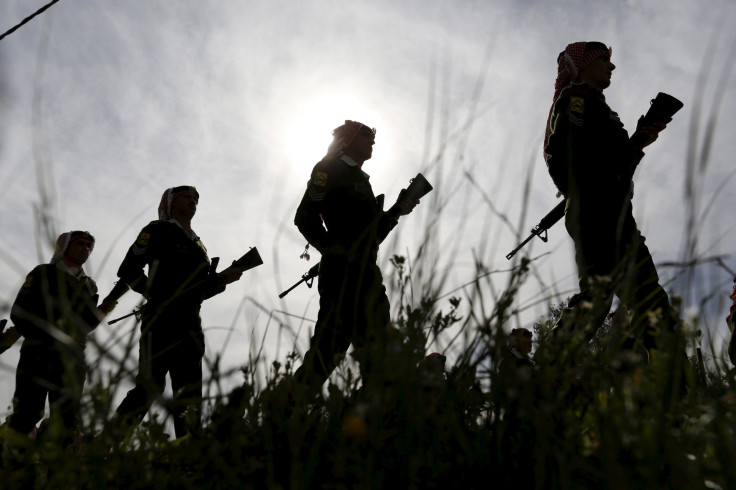ISIS Playing The Stock Market? Islamic State Group Making Up to $25M Monthly On Financial Markets

In addition to earning revenue from oil, the Islamic State group has turned to a traditional source: money markets. The terror group, also known as ISIS, is making millions by funneling looted money into Middle Eastern financial markets, the Telegraph reported Thursday.
“The cash that ISIL has looted, along with siphoned off pension payments, is routed into Jordanian banks and brought back into the system via Baghdad,” said John Baron, chairman of the British Foreign Affairs subcommittee, using another acronym for the group. “That allows the system to be exploited by ISIL, in that they take a turn [profit] on the foreign currency actions and siphon that cash back.”
The subcommittee has been tasked with examining the issue of ISIS and financial markets and whether the U.K. has done enough to cut off the group’s finances. The hearing revealed ISIS is earning as much as $25 million a month by funneling the looted money it gained when the group took over the Iraqi city of Mosul. Experts said ISIS was taking advantage of the Iraqi central bank foreign currency auctions to earn money on foreign markets. The Telegraph also reported the hearing was told top ISIS leaders were playing the stock markets.
David Butter, an associate fellow at policy institute Chatham House, told the committee when the Iraqi government does its regular foreign currency auctions, “the ISIS money is inserted into that system and they can make a margin on the differences between the various exchange rates there and send it back into their areas through Hawala [an alternative remittance channel] operatives,” CNBC reported. “This is the way money moves in the Middle East.”
Experts also told the subcommittee ISIS was profiting from taxation, extortion and oil smuggling, and governments that are part of the coalition against the group, including the U.S. and U.K., need to coordinate their efforts better with the Iraqi government to address financial markets.
© Copyright IBTimes 2024. All rights reserved.





















